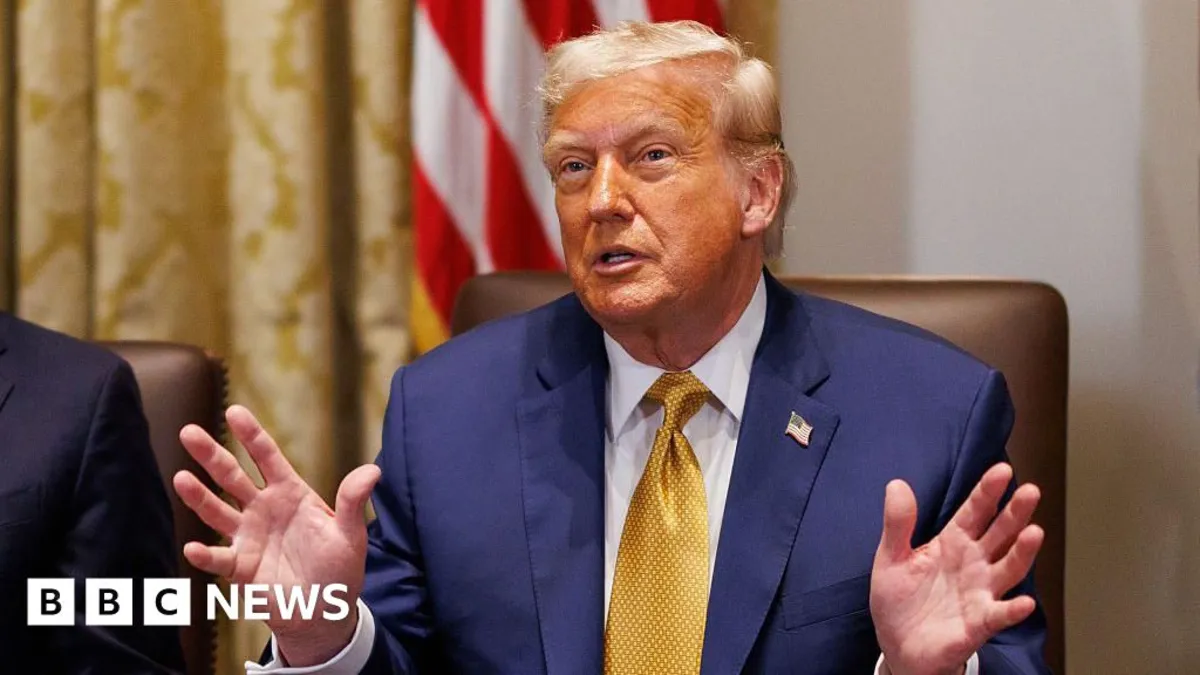
In a bold move that escalates tensions between the United States and Brazil, US President Donald Trump has announced his intention to impose a hefty 50% tax on goods manufactured in Brazil. This plan was revealed in his latest tariff letter, which he shared via social media platforms. The announcement comes amid accusations from Trump, who claims that Brazil has been targeting US tech companies and engaging in a politically motivated campaign against former president Jair Bolsonaro.
The backdrop of this tariff announcement is the ongoing legal troubles facing Bolsonaro, who is under prosecution for his alleged role in attempting to overturn the results of the 2022 election. Earlier this week, President Lula da Silva of Brazil responded to Trump's criticisms, asserting that Brazil would not tolerate any form of interference from foreign leaders. "No one is above the law," Lula declared, emphasizing Brazil's commitment to its judicial processes.
In addition to the specific targeting of Brazil, Trump has been active in communicating with various global trade partners. This week alone, he has sent out 22 letters to countries including Japan, South Korea, and Sri Lanka, detailing new tariffs that are set to take effect on August 1. These measures represent a revival of plans initially proposed in April, which had been postponed due to negative reactions from financial markets. However, the message directed at Brazil stands out as particularly aggressive, suggesting a significant increase from the previously announced 10% tax.
The escalation in trade tensions between the US and Brazil raises concerns about potential retaliatory measures from Brazil, which could have far-reaching implications for international trade dynamics. As Trump's administration continues to implement these tariffs, the global economic landscape may experience shifts that affect not only the US and Brazil but also their respective allies and trading partners.
As this story unfolds, the ramifications of Trump's tariff strategy will be closely monitored by economists and political analysts alike, who are keen to understand the potential impacts on both nations and the broader market.